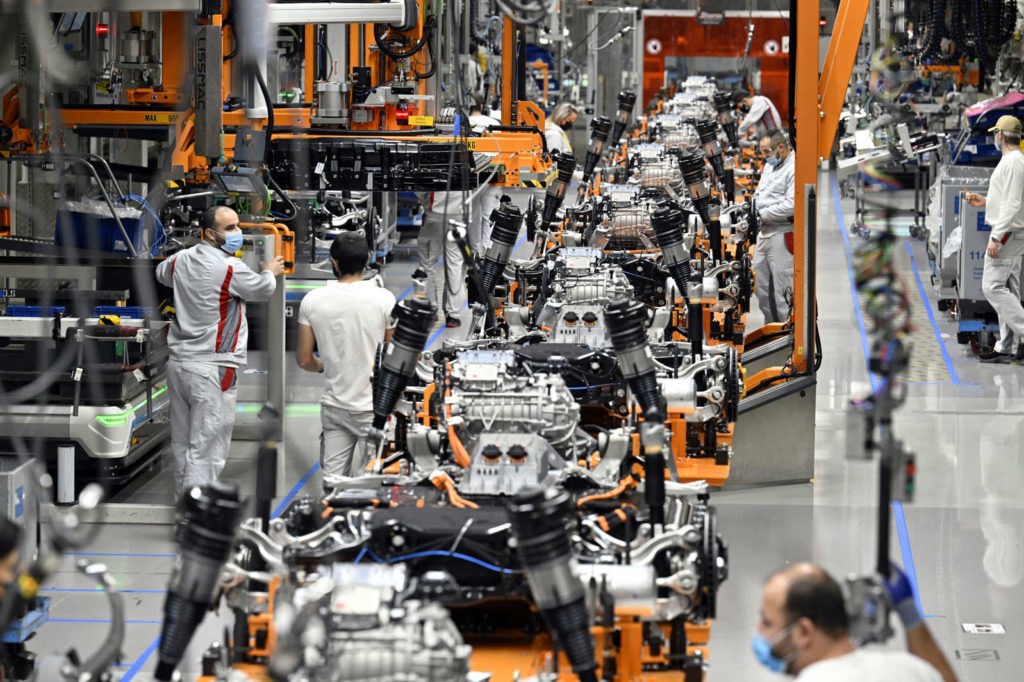The urgent need to address climate change has led to increased scrutiny of various industries, particularly the automotive sector.
Electric vehicles (EVs) have been heralded a viable alternative to classic combustion engines. However, a comprehensive analysis challenges the green marketing credentials now associated with electric vehicles.
The Intergovernmental Panel on Climate Change (IPCC) calculates that transportation is responsible for 14% of CO2 released into the atmosphere in 2010. With cars accounting for 72% of these emissions, electric vehicles are seen as a major step to making transport sustainable. But can EVs really be called "green"?
This debate has gained momentum in Belgium, with one article published by RTBF claiming that an electric car must travel 697,612 km to become green. The piece led experts to assess the calculations in the original piece and explore whether electric cars are better for the environment.
More than meets the eye
The initial article estimated that an electric vehicle with an 80-kWh battery only becomes environmentally advantageous after covering 697,612 km, once the CO2 emitted during battery production is factored into the equation. But after criticism from those within the EV industry, the article was removed RTBF's website, despite it highlighting other positive aspects of EVs such as lower nitrogen oxide (NOx) emissions and reduced fine particle emissions.
While electric cars boast zero emissions during operation, a closer look at their life cycle paints a more nuanced picture. The manufacturing process, powered by energy often derived from non-renewable sources, contributes to substantial carbon emissions.
Additionally, producing the large lithium-ion batteries involves the extraction of rare earth elements (REE) such as lithium, nickel, cobalt, and graphite. This mining process is environmentally taxing and generates significant pollution, undermining the eco-friendly image of electric cars.

Extracting the components for batteries leaves a visible scar on local environments. Credit: Canva
For every ton of REE produced, 75 tons of acid waste and one ton of radioactive residues are generated. Despite claims of sufficient reserves for the coming decades, REE extraction presents an environmental headache with a sizeable ecological footprint.
Then there's producing the electricity to charge the EVs to account for. If the electricity comes from fossil fuels, the emissions merely shift from the tailpipe to the power plant. Regions relying heavily on non-renewable energy sources may inadvertently increase their overall carbon footprint by adopting electric vehicles. On the contrary, countries like Iceland, powered by renewable energy, showcase the potential for truly green electric transportation.
As electric cars become more prevalent, addressing end-of-life considerations is crucial. While conventional lead-acid batteries are largely recycled, the specific composition of lithium-ion batteries poses challenges. Currently, only a small percentage of lithium-ion batteries are recycled, leading to concerns about environmental contamination and resource wastage. Innovative solutions, such as repurposing batteries for energy storage or grid support, are emerging but are not yet widespread.

An electric vehicle charged by electricity produced in coal power stations works out as polluting to run as a normal combustion engine. Credit: Canva
What is clear is that the environmental impact of EVs extends beyond their operational phase, encompassing manufacturing, energy production, and end-of-life challenges. However, ongoing developments in recycling technologies and a shift toward renewable energy sources offer glimpses of a greener future for electric vehicles.
While electric cars are better for their immediate environment than combustion engine vehicles, they are not a panacea for sustainability challenges in the transportation sector. Embracing public transportation, exploring innovative sharing economy models, and advocating for cleaner energy sources are integral components of a holistic approach to reducing our carbon footprint and addressing the broader implications of urbanization.

